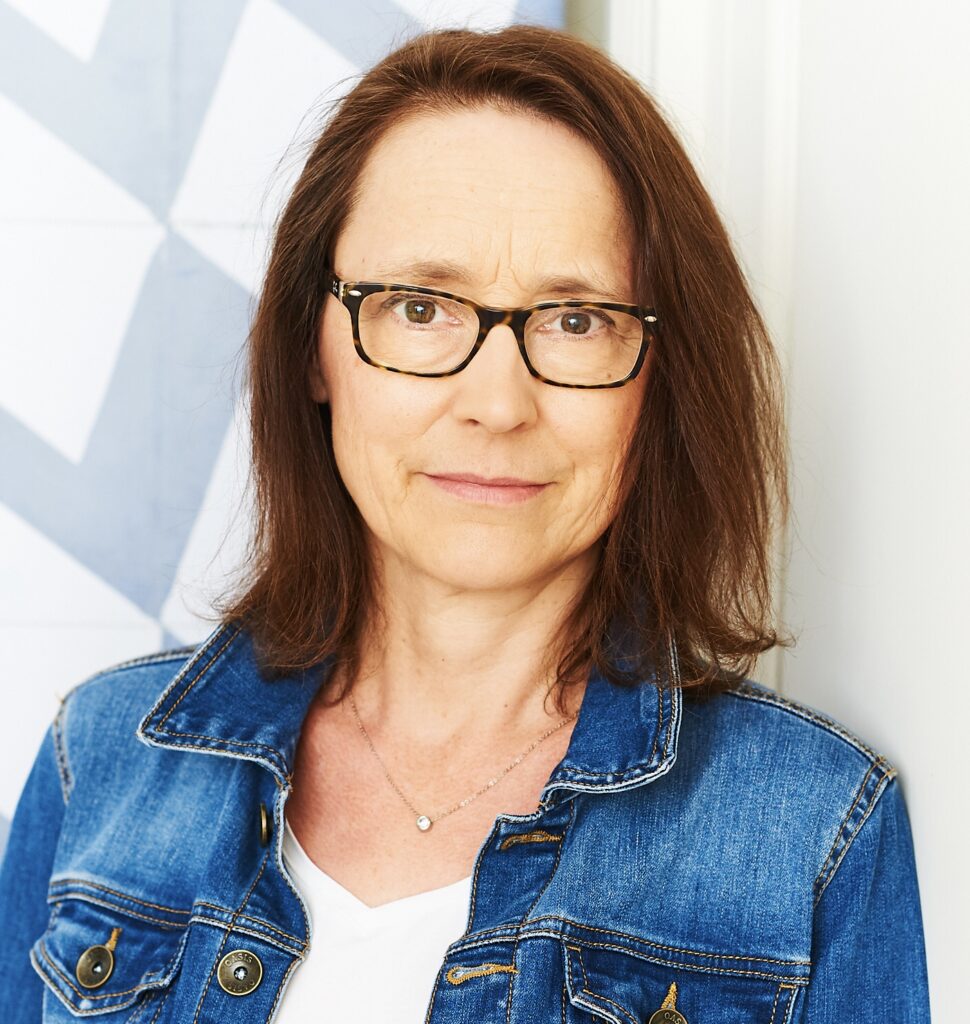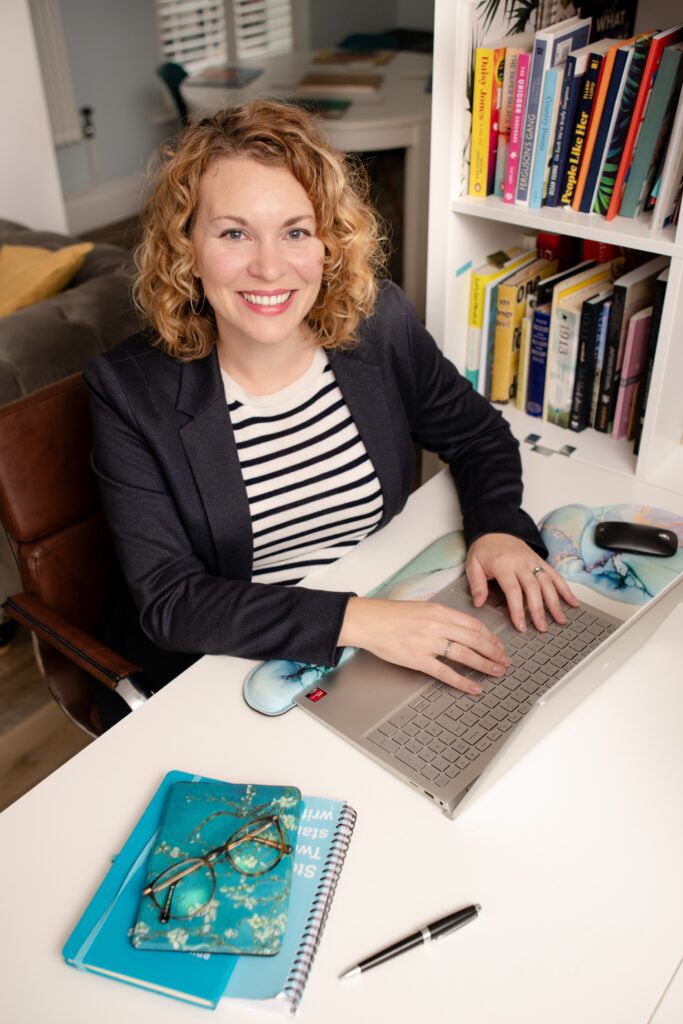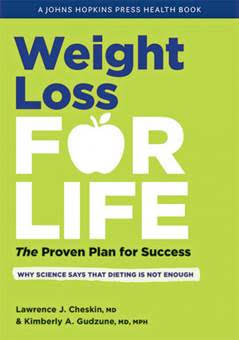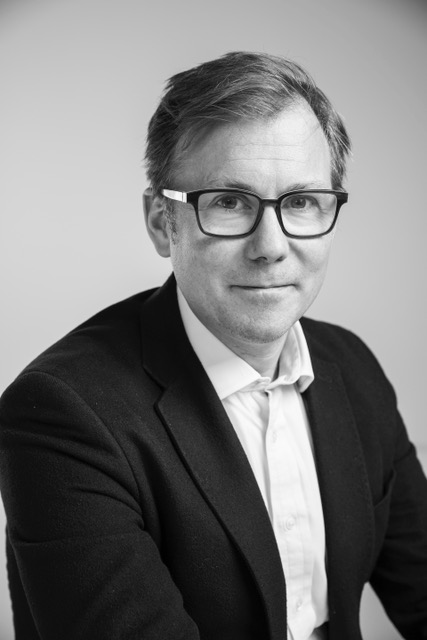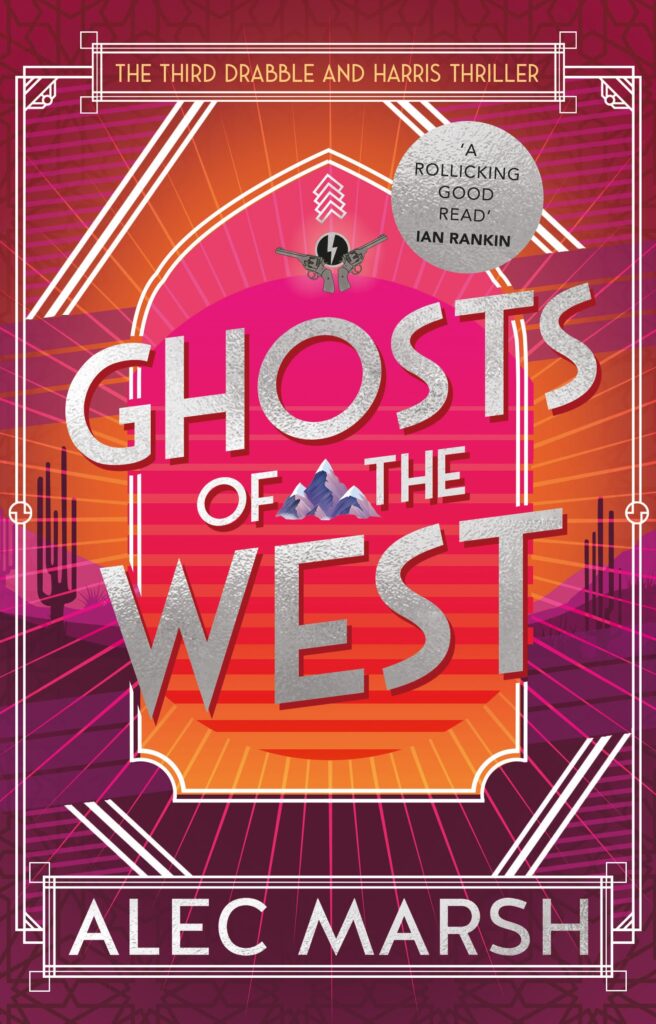‘When your child is diagnosed with epilepsy you feel that the bottom has fallen out of your world…’
Finding a diagnosis for your child, particularly for complex neurological conditions, such as epilepsy, can be a long and arduous process for many families in the UK.
Highlighting the desperate need for more information and support for those facing a new epilepsy diagnosis, one mother, Sarah, has bravely shared her reaction to finding out her young daughter has the condition in a heart wrenching open letter to the families of other children and young people dealing with the same.
‘I know that you may feel that the bottom has fallen out of your world and to an extent it has, but there’s a safety net. Don’t lose sight of your child throughout all of this…their diagnosis is a part of them but not all of them.’ Sarah, Lexi’s mum
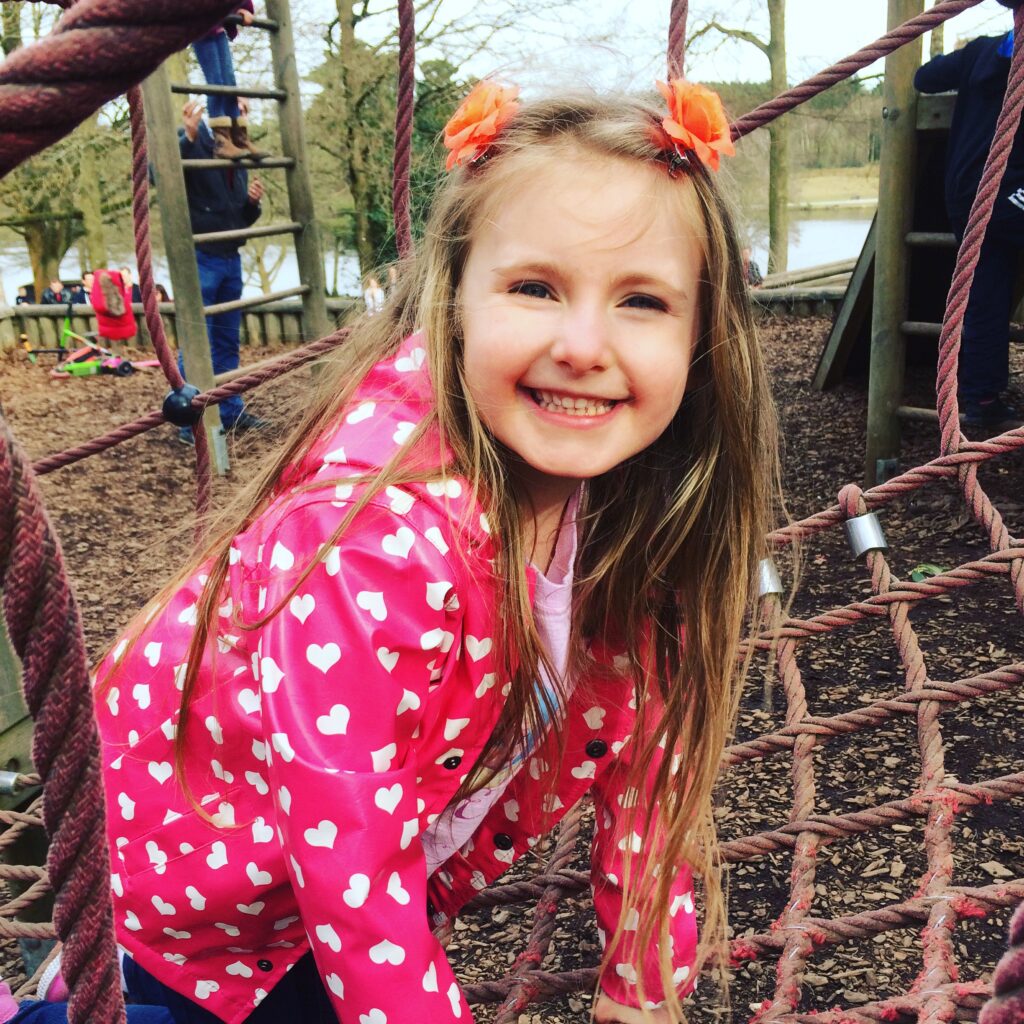
There are more than 100,000 children and young people living with epilepsy in the UK today, and for many, support at the point of diagnosis is crucially lacking. National charity, Young Epilepsy, aims to change that by providing tailored information and support to children, young people and their families in the UK at the point of diagnosis.
For Sarah, finding out her daughter had epilepsy was a moment of mixed emotions: ‘When the consultant told me she has epilepsy it was a combination of feelings from ‘Oh my gosh, my child’s got this diagnosis’ to vindication, I was right!
When you’re saying these things and people are almost persecuting you and saying that you’re parenting poorly to actually have an answer to what is happening with your child it was like all of the things slowed into place.’
Around 8,500 children and young people are diagnosed with epilepsy each year in the UK. Receiving an epilepsy diagnosis can be frightening, isolating and overwhelming. Children and young people, along with their families and carers, need help and support understanding their new diagnosis and how it will impact their lives. A key barrier many will face is a lack of information following their epilepsy diagnosis, often leading to fear, worry and anger and adversely affecting coming to terms with the diagnosis.
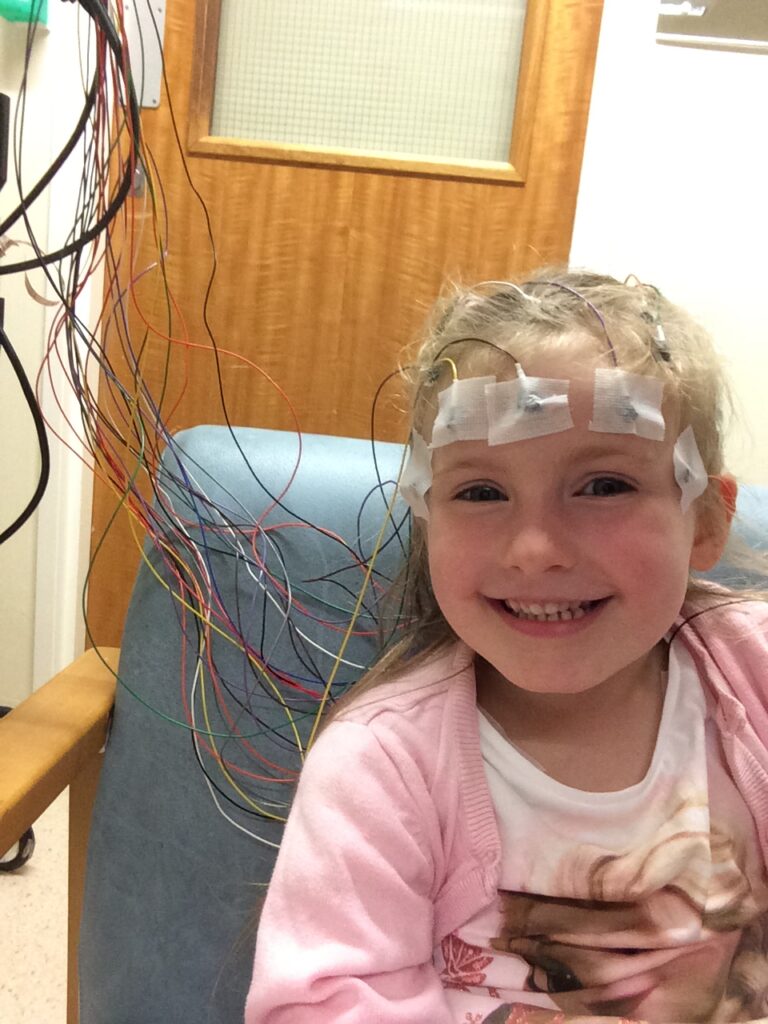
The road to an epilepsy diagnosis for Sarah and her daughter Lexi was sadly filled with uncertainty, ‘I knew something was wrong with Lexi for a long while before I was taken seriously by professionals.’
‘I kept taking Lexi to the doctors because I felt that I had observed some absences. Each time I was told there was nothing wrong and I worried too much. One day I got a panicked telephone call from the school. I was told to pick her up and take her to the doctors immediately and demand that further tests were undertaken.
Months later, we were told there was a confirmed epilepsy diagnosis. The consultant carried on speaking, but I didn’t hear anything. I felt my world falling away around me.’
For many an epilepsy diagnosis can feel frightening. Sarah described being told her young daughter had the condition in the midst of a busy clinic appointment without the right support leaving her feeling scared and confused, ‘my first question, I’ll be very honest, was is she going to die?’
When a child is diagnosed with epilepsy, families can often feel overwhelmed and unsure about the future. Trusted information and guidance are essential for newly diagnosed children, young people, and their families. Young Epilepsy strives to develop easy-to-use, accessible, relevant, and evidence-based information to ensure no child or young person feels alone when they receive their diagnosis.
Lexi is now 14 and continues to have frequent absence seizures, which affect her schooling and daily life. Sarah explains: ‘It often feels like we’re navigating this journey alone, which is why the support we’ve received from Young Epilepsy has been crucial. They’ve provided us with the resources, community, and understanding that we needed during some of the hardest times.’
For any family who’s just received an epilepsy diagnosis, my advice is to reach out for support. Find organisations like Young Epilepsy, connect with other families, and never stop advocating for your children.’
National charity, Young Epilepsy, is there to help support families receiving an epilepsy diagnosis and this Christmas, they are raising money to develop new, vital resources with information and support specifically designed for children and their families dealing with a new diagnosis of epilepsy.
This vital support will help provide a lifeline of vital, relevant and timely support about epilepsy, diagnosis and living with the condition helping to support self-management and confidence and ultimately reducing the fear a diagnosis can bring.
Thanks to the Young Epilepsy Big Give campaign, for this week only (3-10 December) every pound donated is worth DOUBLE! To double your donation visit Help for children newly diagnosed with epilepsy
Young Epilepsy provides a host of information and advice for young people, families, clinicians and more on their website www.youngepilepsy.org.uk

